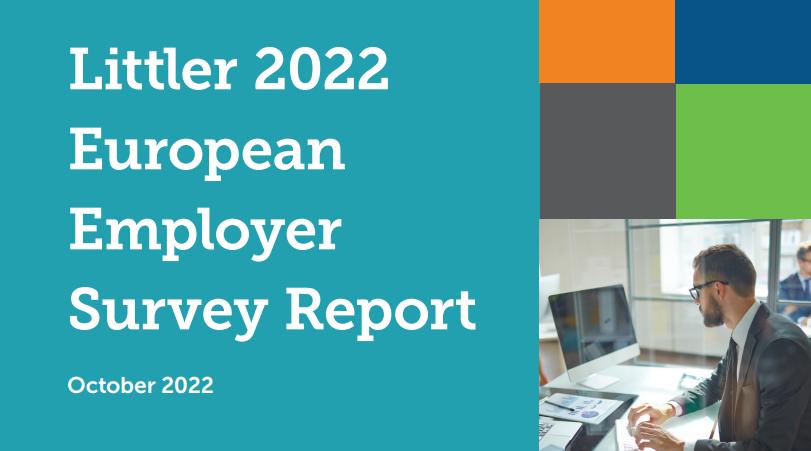Ukrainians who came to Poland in connection with the war will not be able to submit an application for a temporary residence permit after 9 months from their arrival to Poland in a simplified procedure. On the other hand, foreigners who stay in Poland on the basis of e.g. visas extended due to the Covid epidemic will soon lose an extension of their right to stay in Poland.
The so-called Ukrainian Special Bill includes possibility of applying for a temporary residence permit in a simplified manner by Ukrainian citizens who came to Poland in connection with the war. The submission of applications by the first foreigners was to start at the end of November this year. Due to the planned cancellation of the relevant regulation of the Special Bill, it will not be possible to submit applications in this manner.
However, refugees from Ukraine will still have a right to stay in Poland until 24 August 2023. It will also be still possible to obtain an electronic Polish residence permit called Diia.pl. However, it is not known when refugees from Ukraine will be able to submit a traditional application for a temporary residence. Current regulations block this possibility. It will be necessary to adopt additional regulations before 24 August 2023 to enable submission of applications and further extension of their stay in Poland.
The regulation extending the right of foreigners to stay in Poland due to the coronavirus epidemic will also be cancelled. The change applies to persons who have not submitted applications for a residence permit so far, but continue their stay in Poland e.g. on the basis of a visa which expiry date has already expired.
The deadline for submitting applications to legalize further stay in Poland by foreigners from this group is not yet known. We recommend to take steps now. Taking into account the transitional regulations of the planned bill and its urgent nature, the deadline for submitting applications may fall even in the first half of December this year. Moreover, an increase in the number of submitted applications is expected after the adoption of the new act and the issuing of relevant announcements by Immigration Offices on their websites.
However, the elimination of the automatic extension of the right to stay in Poland concerns mainly foreigners with citizenship other than Ukrainian. Ukrainian citizens have an extended right of residence in Poland on the basis of the Special Bill, which is independent of the regulations related to the coronavirus epidemic.
Citizens of Ukraine who did not come to Poland in connection with the war also benefit from additional protection in this respect. On the basis of the draft, the stay of this group of Ukrainians will be additionally extended until 24 August 2023. This is an improvement for some of them. The current regulations, in some cases, include extension of the right of residence of Ukrainians (who have already stayed in Poland before the war) only until 31 December this year.


